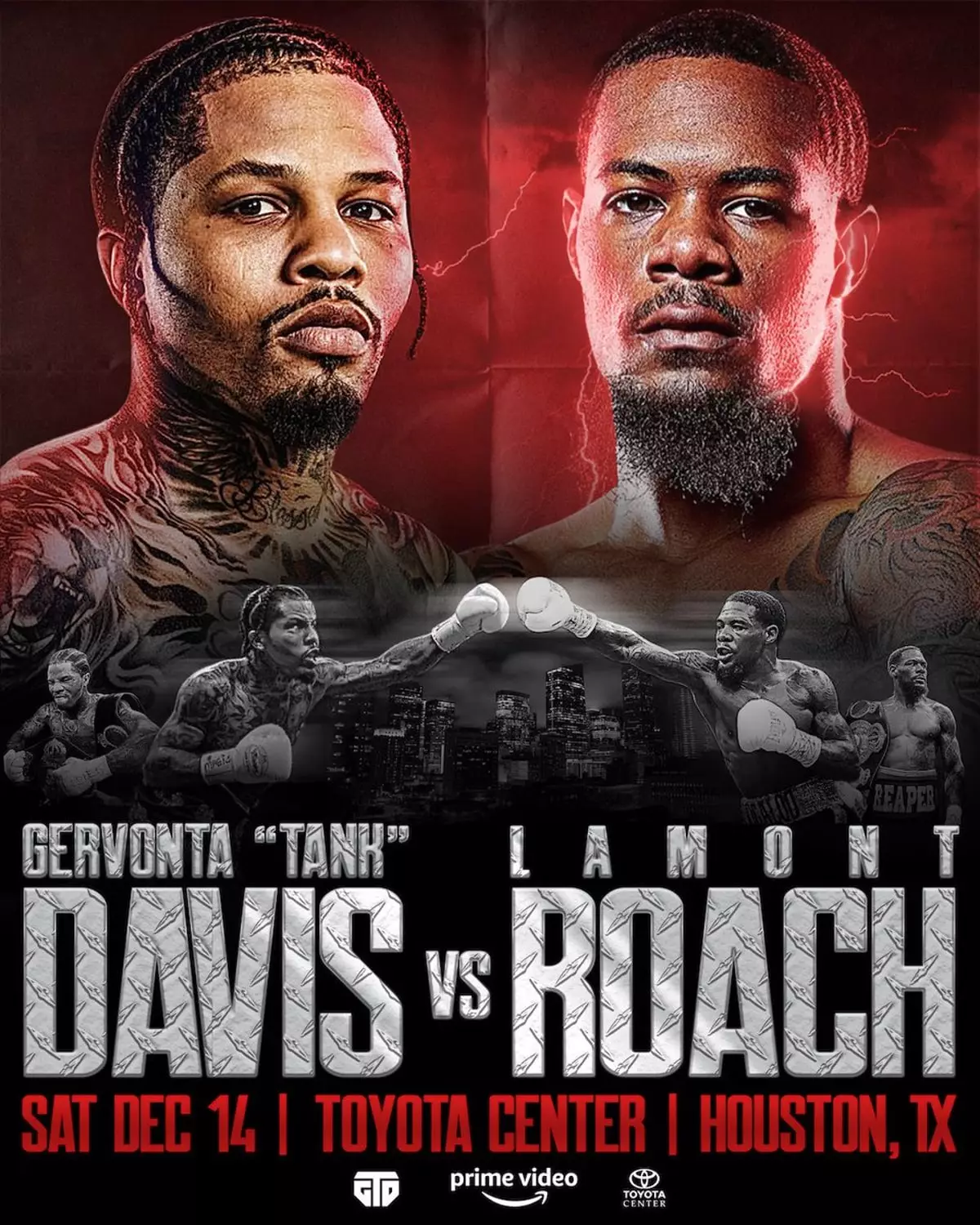The highly anticipated boxing match between Gervonta ‘Tank’ Davis and Lamont Roach, initially scheduled for December 14, is reportedly in jeopardy of being delayed, potentially pushing the date to 2025. Esteemed boxing insider Dan Rafael has suggested that site-related challenges at the Toyota Center in Houston, Texas, could be the cause of this setback. Despite a seemingly even chance of the fight occurring as planned, the lack of press conferences and official announcements points to significant uncertainties surrounding the event.
Rafael’s insights emphasize that the issues stem not from contractual agreements with the boxers or their teams, but rather logistical problems tied to the venue. This situation raises questions not only about the match’s scheduling but also about the promotional aspects, as fans are left in limbo waiting for confirmations that may never come.
Further compounding the uncertainty is the mixed reception among boxing aficionados regarding the significance of the Davis-Roach matchup. Some fans are celebrating the possibility that the fight might be scrapped altogether, perceiving it as a mismatched encounter that lacks competitive intrigue. Critics argue that promoting a bout between Davis—the reigning WBA lightweight champion known for his knockout power—and Roach, who struggles to present a formidable threat, feels more like a disservice to the sport rather than an exciting contest.
The boxing community has made it clear that a more deserving challenger should be selected for Davis, someone ranked higher in the lightweight division. The call for a re-evaluation of the matchup underscores a broader frustration with the current state of matchmaking in boxing, where fighters are frequently pitted against suboptimal opponents for the sake of convenience rather than competitive integrity.
Additionally, the location of the fight has led to skepticism about its viability. While Davis’ camp has pushed for the bout in Houston due to its regional significance, it seems illogical to expect fans from the East Coast to flock to Texas simply to witness what many perceive as a lackluster event. If the goal is to maximize pay-per-view sales and audience engagement, the chosen venue must resonate with both fighters’ fan bases.
With the apparent focus on drawing in revenues from a casual audience rather than catering to dedicated fans, the promotion of this fight is raising eyebrows. Continuing down this path, if the fight is forced to proceed, it may lead to dwindling interest, undercutting the sport’s long-term credibility and appeal.
Ultimately, the future of the Davis-Roach fight hangs in a delicate balance as venue complications intertwine with fan sentiment and industry expectations. If the event does take place as planned, it risks being marred by criticism and inadequate attendance. Conversely, a postponement or cancellation may open avenues for more compelling matchups at the lightweight level, injecting fresh excitement and potentially saving the promotional efforts of all parties involved. As the boxing world awaits further developments, one fact remains clear: boxing thrives on enthusiasm, and it’s crucial that both promoters and fighters prioritize meaningful matchups over mere scheduling convenience.

